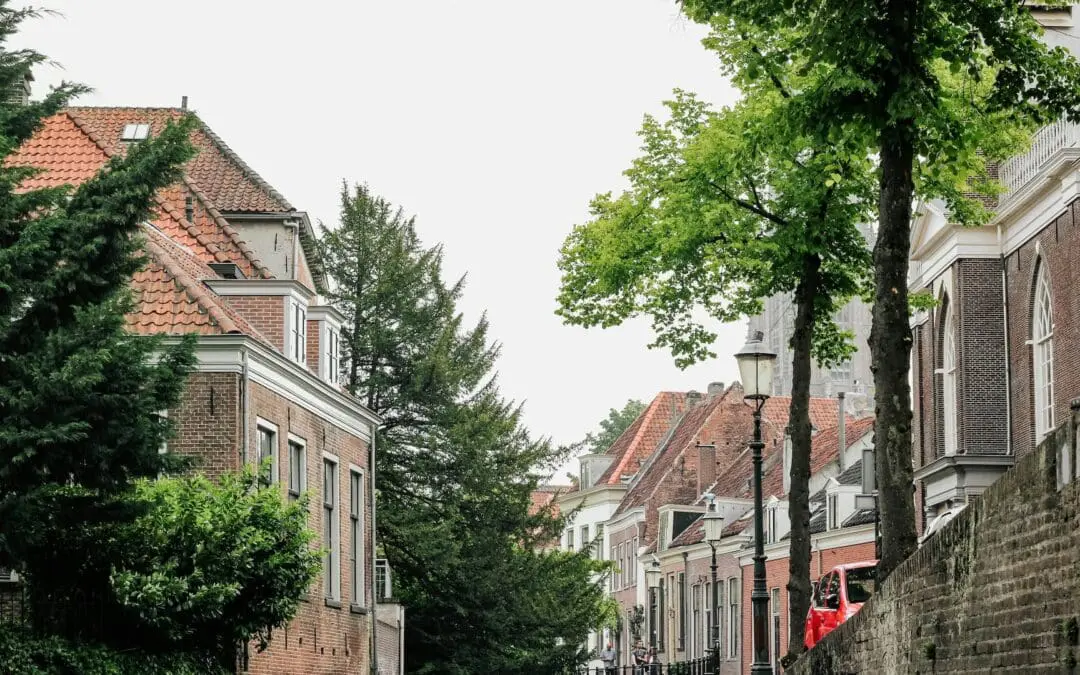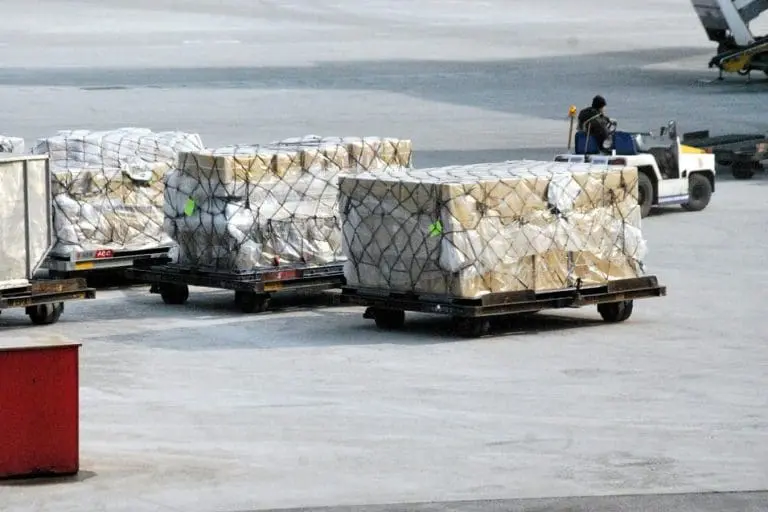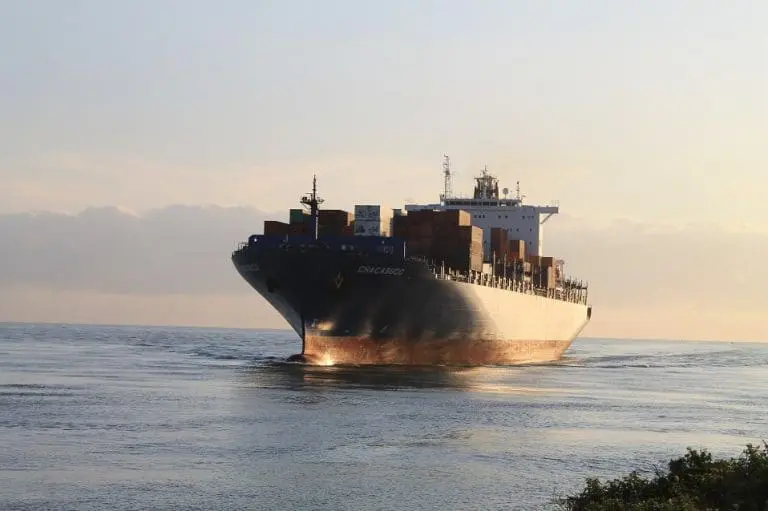
21 08, 2024 | Stories
Moving from one country to another is always a big step into the future. Whether you’re an expat with some experience or not, our tips below will provide support to create a smooth transition. We have created our expats relocation tips based on our vast experience with international projects. The suggestions are helpful both when moving to the Netherlands or when leaving the Netherlands. Please note that exact requirements may differ, depending on the destination countries and respective regulations.
Documentation
- Check passports and visa: are they valid for the destination country?
- Driver’s licenses: are they also valid for the destination country, is an international driver’s license required?
- Prepare other documentation: such as working permits, employment contracts, diplomas, certificates, degrees (if necessary accurately translated)
- Medical files: ask copies from your doctor, dentist, specialist(s)
- Pets: do you take your pets with you abroad? Then collect all health and vaccination certificates at your veterinarian
- Children: request a statement from the school’s principal regarding their grades, academic results or any other education they have received
- Insurances: check if personal, medical care and automotive insurances are valid and collect the related documents
- Store safely: make sure that all the documents above are put aside since you don’t want them inside any of the boxes or containers when you might need them.
Where to start when moving abroad?
Start early: start as soon as possible and first get rid of all clothing and items you no longer want to keep. Begin with assessing your closets and continue with all rooms one by one.- Our specialists will pack and unpack all items for you. You only need to tell us where you want everything. So create a clear overview of the rooms in your new house and the items that you want to have unpacked in each room.
If there are special items you want to take care of yourself, such as jewelry, make sure you have packed them before our team arrives. Get some good boxes and protection material and pack your belongings very carefully. Be sure to create a clear labeling system if necessary with color codes for each room and a clear list with all inventory and boxes.
Dispose dangerous goods like oil, bleach, paint, flammables, lamp oil, gas cans and toxic chemicals etc.
Dispose perishable foods or open bottles. Also check the import regulations applicable to your country of destination on the latest rules regarding food and alcoholic beverages.
How to prepare everything in advance
In the case you have more than one shipment – for example air and sea or sea and storage – it is very helpful if you can sort out the different items in advance. All larger items can be labelled with a sticker saying ‘air/sea/storage/not going’. For smaller items that are to be packed in boxes it is helpful when they are separated from each other in such a way that a mix up can be avoided. Of course our relocation team will take care of this, only requiring your preferences as input to arrange matters.
Floor coverings, items attached to the ceiling or walls
For each relocation we appoint a personal relocation assistant. He or she will be your single point of contact during the whole process and take care of the project until the last box is unpacked. Please discuss with your relocation assistant how fitted carpets, lamps and fixed items (decorations) need to be treated. We will take care of it.
Refrigerator/freezer
Do not forget to turn these off on time, at least 48 hours in advance. In order to prevent mildew, please make sure that both the inside and outside are cleaned and dried thoroughly. Do not forget the filters and treat the rubber parts and hose with talcum powder to avoid drying out.
Computer and other electrical appliances
If you still have the original boxes for your equipment, it is advisable to use these again. For computer equipment and television please follow the instructions in the manual about transportation. We recommend that you disconnect all equipment yourself before the removal and label the cords so reconnection at destination will be easy.
Bicycles, garden equipment, barbecue, flower pots, golf sets etc.
The above items are of interest in quarantine inspections. Please make sure that they are cleaned thoroughly so that all soil and other dirt are removed. This is to prevent problems at your new destination.
Application for a quick indication
By filling out the form beneath, we will be able to provide you with a price indication on furniture removal.
It will take a max of 2 minutes to fill out the form. Within 1 business day we will send you the quick indication by e-mail.
Rather call us for consulation or advice? We’re there for you: +31 (0)85-124 65 60.

13 08, 2024 | Stories, Stories
Relocation options for moving to the Netherlands
Our experts explain the options to have your belongings transported to the Netherlands. So, you’re moving to the Netherlands. That’s a great decision, we’re pretty sure you’ll enjoy it over here. But first things first: have you already thought about how you want to arrange your relocation?
Of course you want all your belongings to arrive swiftly and safely. Our airports, commercial ports and roads provide excellent connections and transportation facilities. Which option do you prefer? We’ve consulted our relocation experts to provide expats like you with helpful tips, whether you’re moving from an European country to the Netherlands or from overseas. Please note that regulations and requirements can differ per country.
In general a lot of factors come into play when moving from abroad to the Netherlands. Besides safe transportation you need to get a clear picture of payable customs, quarantine for special items, permits and also how to pack your items and have them collected and later on transported to the Netherlands.
Of course costs are a big factor, especially when you compare shipping with air freight. In any case you will have to pick an international relocation company with experience. A lot of things for your relocation you can do yourself – saving costs at the expense of your time. So when time is an issue, and this is nearly always the case, choose an experienced and flexible partner that is able to take care of all aspects and can handle any potential issue.
Why is this important? Your relocation must be an exciting next step in your life, not a time consuming hurdle. Our experts will guide you through the different options.
Moving to the Netherlands? Shipping your belongings to the Netherlands by air is relatively straight-forward, with most areas of the country well-served by commercial airports. The largest airports in the Netherlands are Amsterdam Schiphol, Eindhoven, Rotterdam-The Hague, and Maastricht Aachen. Air freight is quick and hassle-free – but this comes at a cost.
Air freight pros and cons:
- Relatively expensive, depending on weight and distance
- Very heavy items (furniture/white goods) can lead to additional charges
- Size in general not a factor, it’s all about weight
- Very fast (within Europe a matter of days)
- Compare prices very careful: online quotes reflect only minimal costs
After you have selected a partner to handle the relocation, usually the company will send an expert over to your house for an inspection of all belongings that need to be transported. This is necessary for the final, tailored quote. Now this is all clear, it’s time to agree on the date that everything will be collected. With this date fixed, the full planning can me drafted, including the scheduled flights.
Our experts will pack all items. Not only do they have a lot of experience, they also have the right material to protect your things and understand the requirements of the different airline operators. Our Account Manager will hand you a list of preparations you need to do yourself to ensure a swift operation.
Moving to the Netherlands? Shipping freight is a budget-friendly option to take your belongings with you. Container shipping is ideal for people planning well in advance. While there are many sea ports in the Netherlands, the most commonly used container ports can be found in Rotterdam, Amsterdam and Den Helder. Rotterdam is the largest port in Europe with around 30,000 vessels arriving each year.
Shipping freight pros and cons:
- Shipping freight is a lot cheaper then air freight
- The price depends on a combination of factors:
- Distance (including road transportation)
- Size/volume of the shipment
- Time you want to allow for the shipment
- How much notice you give before shipping
- Shipping containers can take a lot of time (weeks to months)
- Rotterdam is great for direct shipments from around the world, saving money and time
How container shipments work
There are many shipping companies servicing the Netherlands. Comparing basic quotes online is a start. But first you need to know the size/volume of the shipment. The most common calculation is based on the number and size of containers, typically:
- 20-foot container – fits the contents of a 3 bedroom home
- 40-foot container – for contents of a 4-5 bedroom house, or enough space for a car
Grouping is an option that saves money: your items will be sent together with those of other companies. Low prices come at a cost: you need to wait until the ship capacity has been sold. So it can be unclear when your items will arrive.
Packing for shipping freight
Also for shipping freight our experts will take care of packing all items you want to move. We know what different shipping companies require and can pack things in the right way.
3 .Train and road freight
Especially when you move from elsewhere in Europe road freight is nearly always the best option. Also when coming from the UK, most goods are transported by trucks.
International relocations
We assume you don’t want your move to turn into a full-time job. So hiring experts to deal with your relocation will make life much easier. Koninklijke de Gruijter & Co. provides full door-to-door and closet-to-closet service. We pack and unpack. And we take care of anything in between. Our team ensures a carefree move to the Netherlands, so you’ll enjoy a great start of your stay in the Netherlands.
To have everything arranged in a good and easy manner, allow three months between the first house visit and moving house. The exact timeframe depends on the distance and specific requirements.
Customs and importing goods into the Netherlands
If you’re moving from another EU country to the Netherlands you won’t need to declare your personal goods at customs. There’s an exceptions list with items such as domestic animals and cultural property.
You would like to take your car with you? You’ll need to apply for an exemption from private vehicles and motorcycle tax (BPM) by filling out a Vrijstelling bpm form (only available in Dutch).
You’re moving to the Netherlands from a non-EU country? This means you’ll need to declare your items to customs. If you’re moving to the Netherlands to live and work, you should be able to get an exemption but check the full list of conditions here. You can’t apply for the exemption yourself; this will instead need to be done by our team. For this we need a signed inventory list, a certificate of registration for the Dutch personal records database and a document such as an employment contract, statement from your employer, work permit, rental contract or mortgage certificate. If you’d like to import your car, you’ll also need a copy of its registration certificate. Don’t worry, we will take you through the whole process!
We would love to help you move
A. van Leeuwenhoekweg 50
2408 AN Alphen aan den Rijn
Nederland



